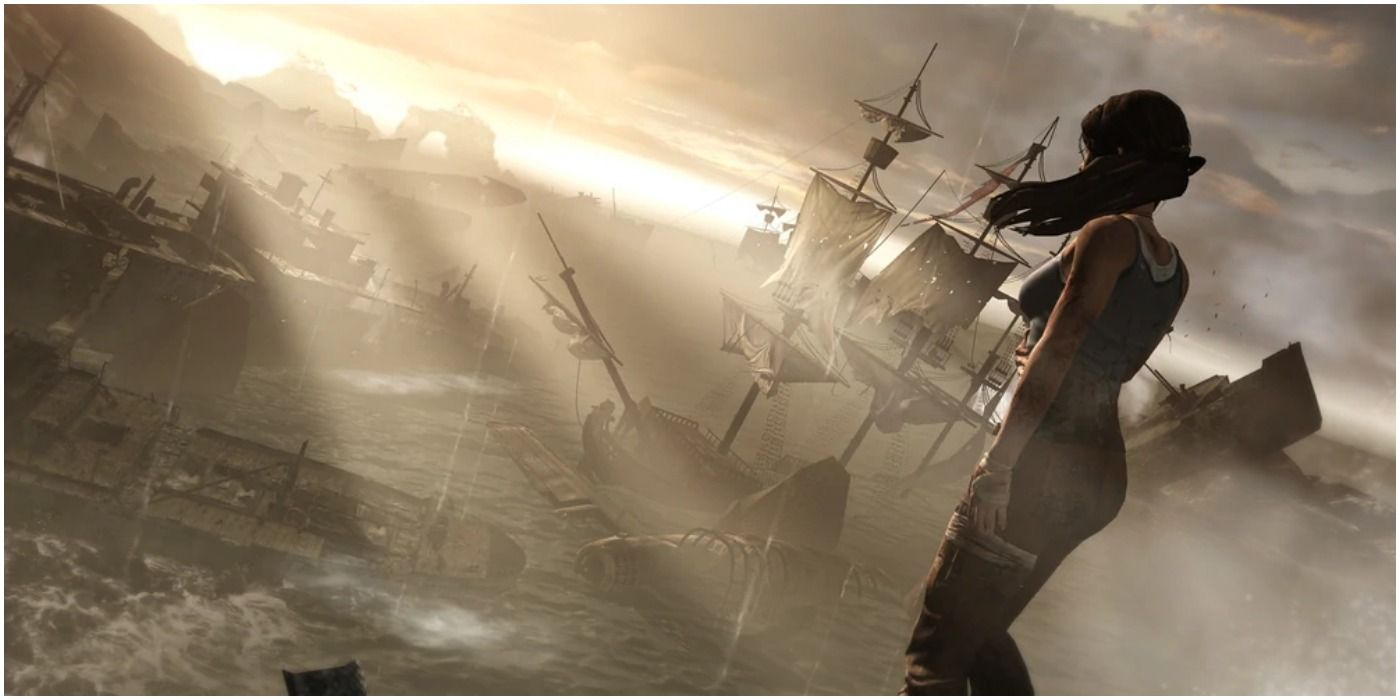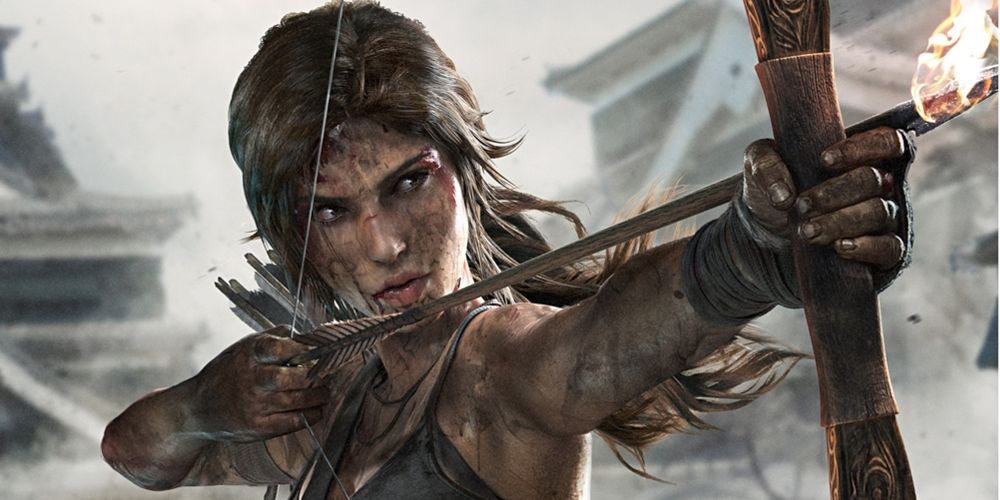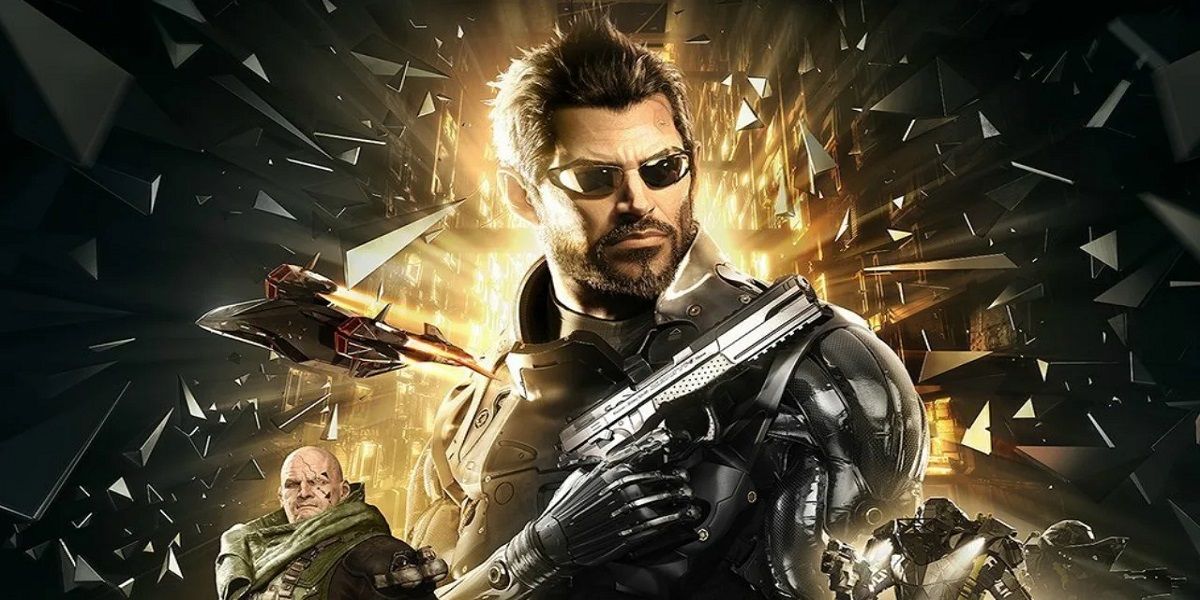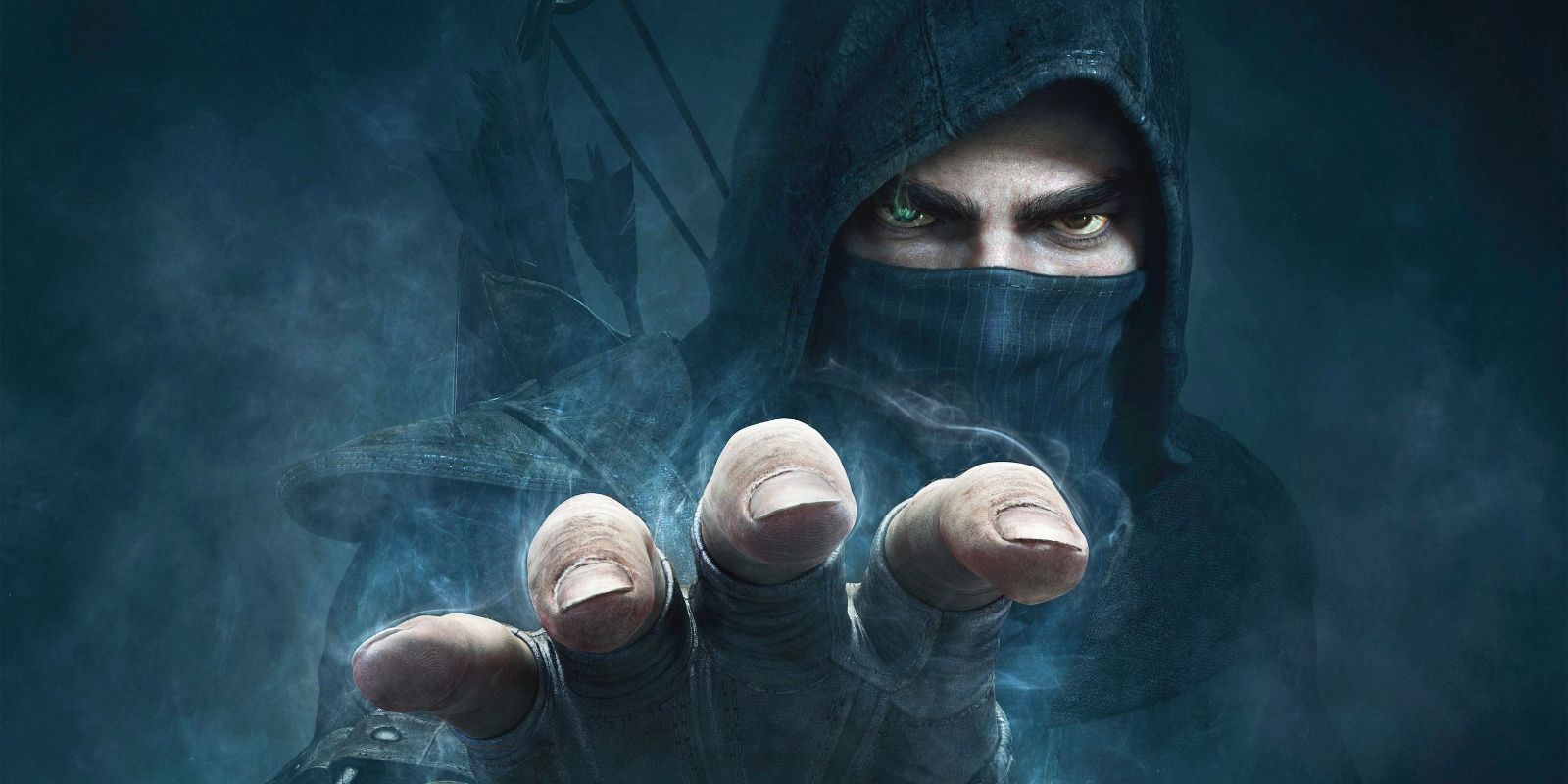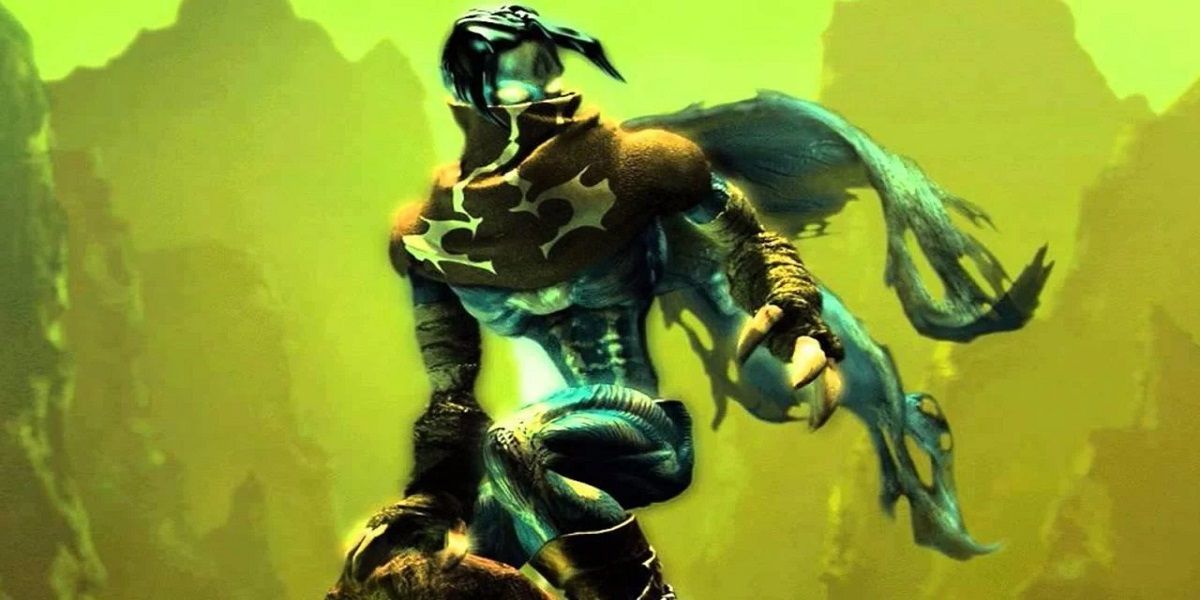Square Enix's decision to sell off many of its most famous and beloved IPs has sent minor shockwaves across the gaming industry. Square Enix is a huge player in the Western market, and although the studio has often hinted that its Western-focused brands have underperformed in comparison to those aimed at an Eastern audience, it has been a huge surprise to see so many potential sources of revenue cut from the roster. The company is selling three of its major Western studios, namely Crystal Dynamics, Eidos-Montreal, and Square Enix Montreal, as well as the properties to go with them. In doing so, the Japanese giant has relinquished publishing rights to some massive titles, titles whose tenuous futures now seem to hang in the balance.
It's worth noting that some of Square Enix's ongoing properties, such as Marvel's Avengers and Guardians of the Galaxy, have not been mentioned in the company's sale announcement, making it unclear as to whether the studio is planning to retain the rights for the foreseeable future. The hugely successful Life Is Strange series looks set to be retained, as do Outrider and Just Cause, but with many huge properties included in the acquisition, all eyes now look to Embracer's plans for some of the biggest names in gaming.
Tomb Raider
Probably the biggest and most surprising element of the entire Square Enix / Embracer deal has been the former's relinquishing of its rights to the Tomb Raider franchise. Easily one of the most recognizable brands in gaming, Tomb Raider and iconic protagonist, Lara Croft, have transcended the industry to gain the sort of fame normally reserved for the likes of Pacman, Sonic and Mario himself. Square Enix acquired the rights to the property back in 2010, immediately starting to work on two strands of development for its two subsidiary studios.
With Crystal Dynamics releasing Lara Croft and the Guardian of Light in 2010, followed by 2014's Lara Croft and the Temple of Osiris, a second development team set to work rebooting the Tomb Raider franchise with a darker, more mature tone. Meeting with huge acclaim yet never netting the sales Square Enix desired, the future of Tomb Raider still seems to be assured following the announcement that Crystal Dynamics was working on a follow-up game in the series -- a game that's rights Embracer will also acquire.
Deus Ex
Beloved of critics, but never quite the megahit that Square Enix would have liked, the Deus Ex franchise has always held an odd position in the AAA market. Human Revolution, for instance, the first game published by the Japanese studio, was met with rapturous acclaim and is often regarded as one of the best games of its generation. Developed by Eidos Montréal and officially published as a Square Enix game after the studio took over control of the franchise in 2010, Human Revolution looked to have reinvigorated a series that hadn't enjoyed a mainline release since 2003's Invisible War.
Yet, Square Enix could never quite capitalize on Human Revolution's success. A follow-up came in the form of Mankind Divided, a game that received praise for its gameplay and presentation but drew ire from fans for its abrupt, seemingly unfinished ending and an exploitatively-structured tiered pre-release system. The world of Deus Ex is rich and utterly engrossing, and with a solid 12 million copies sold between Human Revolution and Mankind Divided, Embracer does have a solid platform from which to work.
Thief
As is a common theme with Square Enix properties, Thief's star has been somewhat on the wane as of late. In fact, to say that Thief is on the decline is to generous and euphemistically cover up the true fact that the series is in the doldrums. It's stagnant, unloved and pretty much untouched since 2014's underwhelming Thief debuted.
Earlier projects were considered gaming classics, the first three games all garnering serious acclaim for their polish, execution and intuitive gameplay. Square Enix's reboot, however, failed to recapture the magic, and although there were some positive aspects to the title, the publisher wasn't impressed with sales or reception enough to be interested in a sequel. With such a reputation and many loyal Thief enthusiasts waiting for a proper resurrection, this could be a property to really keep an eye on in the coming months and years.
Legacy of Kain
Square Enix has owned the Legacy of Kain IP for quite some time now, but it appears that the Japanese studio has never been entirely sure what to do with it. The fantasy action-adventure series was always a bit of an offbeat indie hit. It drew praise for its dark setting and impressive worldbuilding, even boasting eventual Uncharted writer, Amy Hennig, as series director for a time.
What happens next for Legacy of Kain is anybody's guess. Square Enix had hinted that it was happy to have external developers produce games under a license in the past, but without a proper release in years, it's questionable as to whether a market still exists for the franchise at all. Of the properties acquired, it is Legacy of Kain that looks least likely to see a near-future release.

